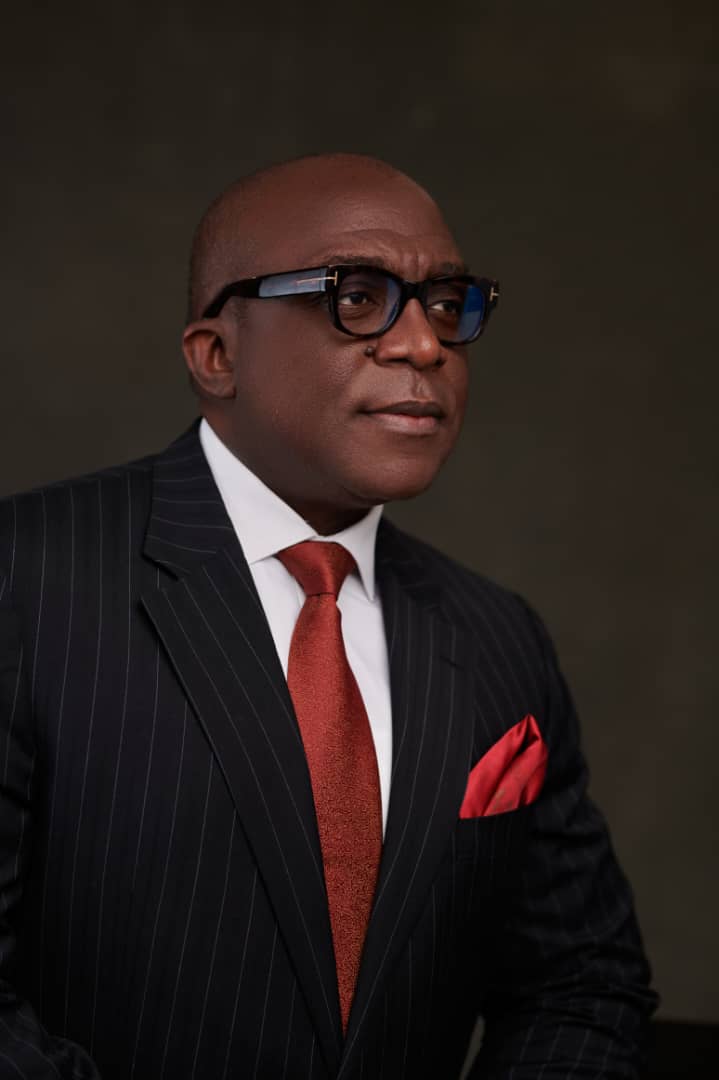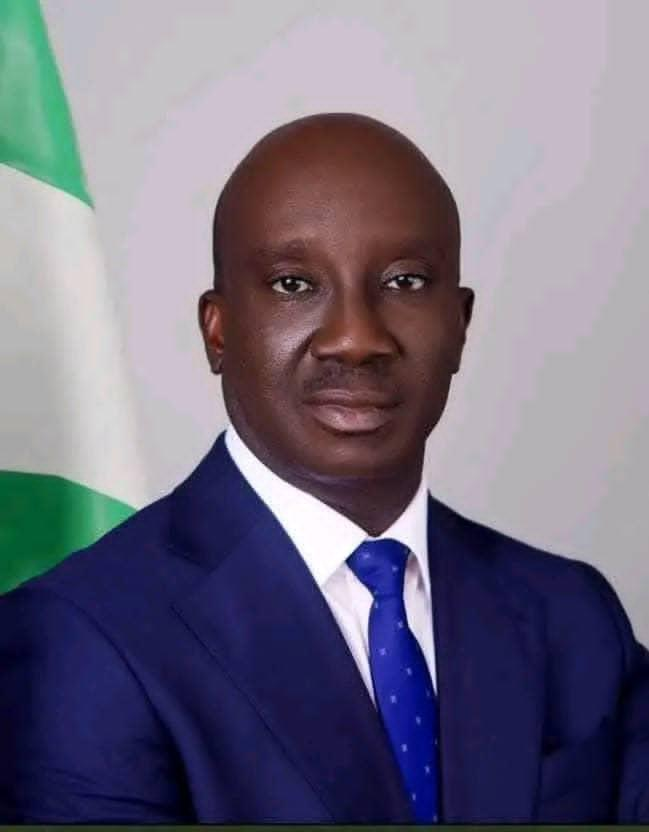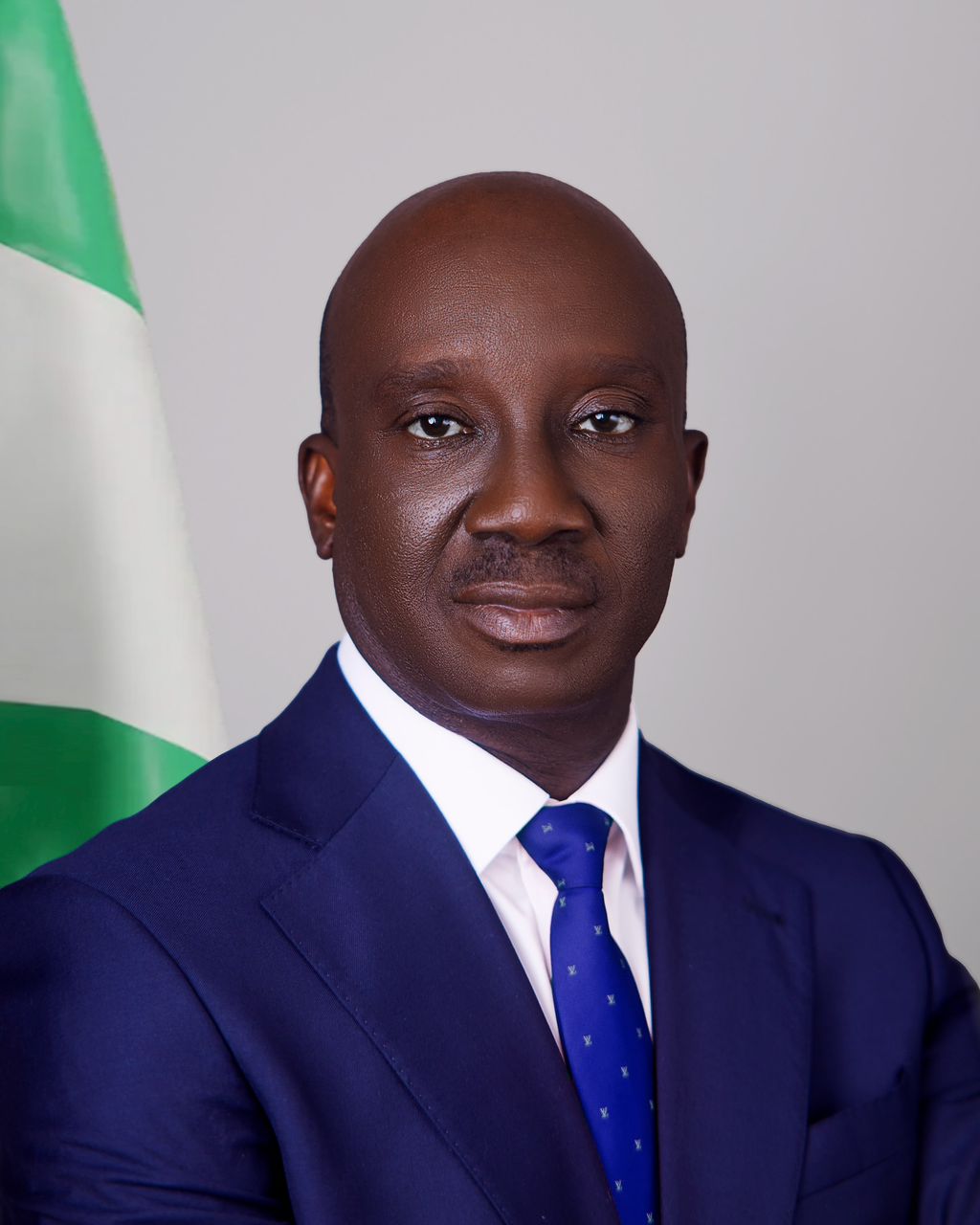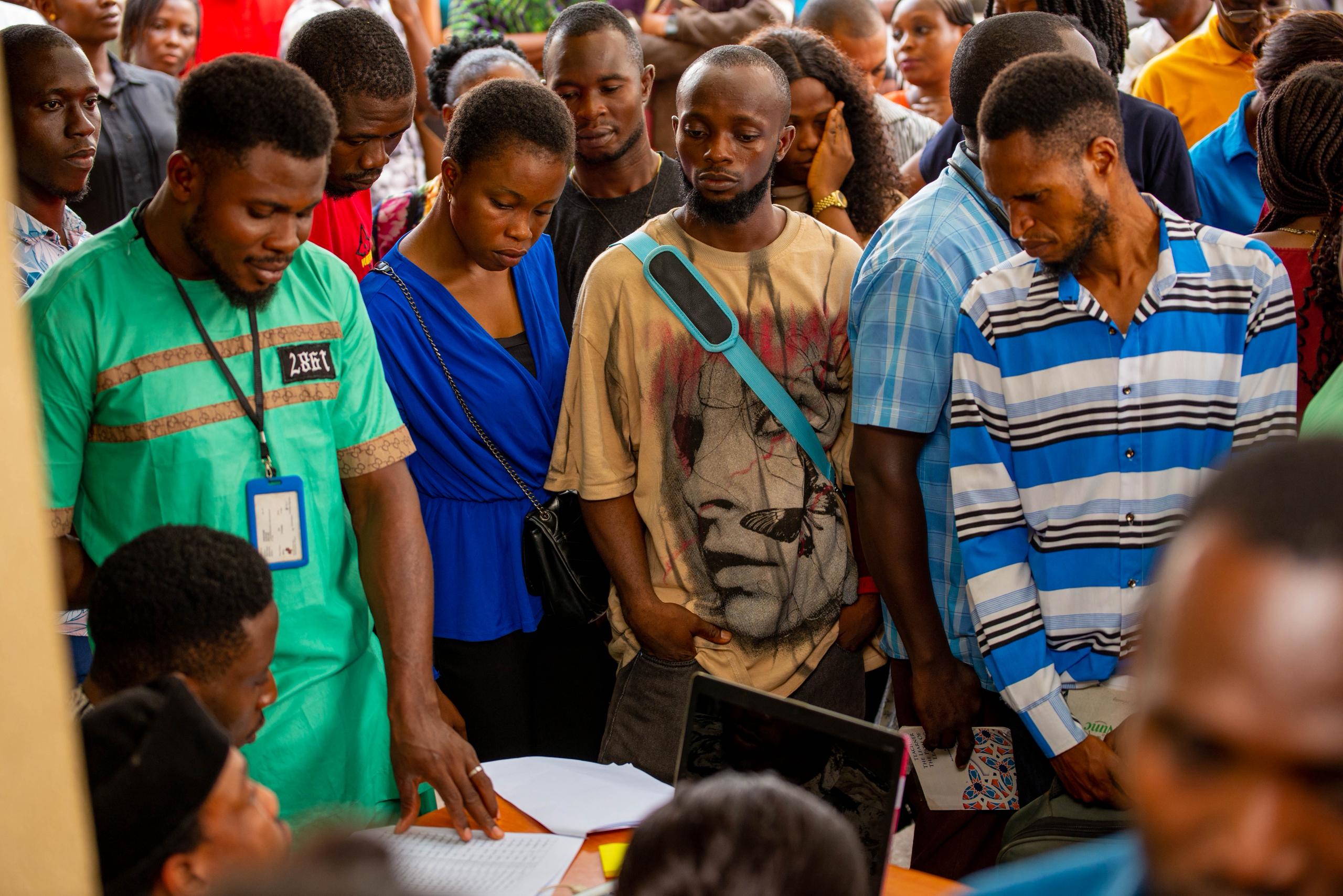Chairman of United Nigeria Airlines, Prof. Obiora Okonkwo, has said that for the nation’s economy to grow and be more sustainable, government and business policies must be realigned with global best practices and sustainable practices.
According to him, realigning Nigeria’s current economic realities to sustainable business practices has become imperative to reaffirming the country’s commitment to a future where economic growth and environmental stewardship are sustainably intertwined.
Prof. Okonkwo stated these in an address he presented at the maiden International Management, Business and Job Fair Conference of University of Abuja Business School, which began Thursday at the Kado, in Abuja.
The three-day event with the theme, ‘Realigning Current Economic Realities In Emerging Economies To Sustainable Business Practices’ brought together academics and industry experts in an exercise aimed at developing new narratives for the sustainability of business practices in Nigeria.
Speaking through the Director of Administration at United Nigeria Airlines, Mr. Linus Awute, who represented him, Prof. Okonkwo noted that mainstreaming sustainability practices into policy directives would help bring Nigeria at par with global trends and open the economy to more investments.
“I believe that our national governments should create an enabling environment for businesses to adopt sustainable practices by implementing effective regulations and providing incentives like tax breaks for green businesses, subsidies for renewable energy projects, and green procurement policies, for sustainable investment,” he said.
According to him “businesses, public and private, must take responsibility for their environmental and social impacts and integrate sustainability into their business objectives and strategies by deliberately adopting sustainable production processes, implementing responsible supply chain management, and engaging in corporate social responsibility initiatives that promote environmental, economic and social sustainability.”
Prof. Okonkwo also advocated that governments, businesses, and non-governmental organizations ought to create a collaborative platform through which they can engage and educate the public about sustainable practices and their importance to the environment.
According to him, “this level of conscientisation can change mindsets and create a demand for sustainable products and services.”
He expressed optimism that the country’s business environment can create the needed impetus to drive needed economic growth with the adoption of sustainability responsibility in both government and private business.
“I do not doubt that we will succeed in creating a future where Nigeria’s economic growth is balanced with sustainability responsibility and social equity that will, together, redefine Nigeria’s economic trajectory, ensuring a prosperous, sustainable, and resilient future for generations to come,” he said.
Canvassing a multifaceted approach towards that spread across verifiable timelines with measurable deliverables that would help mainstream sustainability practice into policy directives, Prof. Okonkwo noted that there is an urgent need for Nigeria, as an emerging economy, to transition towards a sustainable economic model, leveraging innovation, technology, and collaboration to drive growth.
“This,” he said, “means that our country must begin to mainstream climate change and environmental degradation issues into its economic development policies as well as create avenues to foster inclusive economic growth, and enhance competitiveness and global relevance by improving on its human development index, wellbeing and quality of life.”
“It is, therefore, imperative that policymakers and entrepreneurs in Nigeria and other emerging economies mainstream sustainable development in national agendas, invest in education, innovation, and infrastructure, grow public-private partnerships and collaboration and give life to entrepreneurship and sustainable business models,” he stressed.




